Tapping into Energy Psychology – Robert Schwarz (Digital Seminar)
Description:
- Methods to integrate EFT/EP within a trauma informed approach
- State-of-the-art therapy that utilizes the mind-body connection
- The ability to treat aspects of PTSD in 6 sessions or less
- Techniques to help clients rapidly reduce overwhelming negative affect w/o medication
- A framework to integrate EP with other treatment modalities
When you use EP in your practice, you will notice that your clients now feel safer, calmer, and hopeful about their futures. Discover the skills you need to transform the lives of your traumatized and anxious clients.
Purchase today!
Outline:
Energy Psychology – The Concepts & The Evidence
- Body-Mind Approaches to Human Problems
- The Energy Systems
- Meridians
- Chakras
- Biofields
- A Brief Guide to the World of EP Therapies
- Thought Field Therapy (TFT)
- Tapas Acupressure Technique (TAT)
- Comprehensive Energy Psychology (CEP)
- Advanced Integrative Therapy (AIT)
- Does the Research Support the Clinical Claims?
- 115+ Outcome Studies
- Meta-analyses
- Brain Research
- The Critique Against EP
- Integrating Energy Approaches with
- Neuroscience
- Interpersonal Neurobiology
- Polyvagal Theory and Neuroception
- Amygdala Modulated Alarm Reactions
- Memory Reconsolidation
- Integrating EP within a Trauma Informed Approach
- Adverse Childhood Experiences (ACEs)
- Using EP to Keep Clients Within the Window of Tolerance
- EP as a Bottom-up Approach to Treating Trauma
- Integrating EP with other Modalities
- Overall Systems Approach to Psychotherapy
- Mindfulness Approaches
- Somatic Experiencing
- Acceptance and Commitment Therapy
- CBT
- Ericksonian Approaches
Assessment
- How to Use EP Within the Tri-Phasic Model of Trauma Treatment
- Deconstructing Trauma and Anxiety-Based Beliefs, Schemas, and Patterns
- Eliciting Specific Traumatic Events that Support Limiting Beliefs and Schemas
- Body-Feedback Approaches
- Unconscious blocks
- Limiting beliefs
- Energetic disturbances
- Isolating the Trauma and Anxiety-Based Components to Physical Problems
- Levels of Intervention-Which Do You Use and When?
Treatment Techniques
- Emotional Freedom Techniques
- The Basic Formula
- Tuning into the Right Aspect of a Problem
- “Tell the Story” Technique for Traumatic Events
- Gentle Approaches to Prevent Overwhelm and Shut Down
- Personal Peace Procedure for Treatment Planning
- Treat Trauma-based Symptoms
- Reducing Anxiety, Anger, Cravings
- Treating Negative Thoughts, Beliefs and Schemas for Trauma and Anxiety Disorders
- Reducing “Resistance” and Unconscious Blocks to Change
- EP Approaches to Increase Boundaries
- Tailoring Treatment to Client’s Specific Needs and Circumstances
- Self-care and Stress Management
- Palliative Treatment Approaches
- Addictions
- Pain
- Couples
- Limits and Ethical Considerations using EP
- Introducing EFT to Clients
- Using EFT During Teletherapy
- How not to “Force” EP on People
- The Most Effective Stance for Using EP
NLP online course
So what is NLP?
NLP stands for Neuro-Linguistic Programming. Neuro refers to your neurology;
Linguistic refers to language; programming refers to how that neural language functions.
In other words, learning NLP is like learning the language of your own mind!
NLP is the study of excellent communication–both with yourself, and with others.
It was developed by modeling excellent communicators and therapists who got results with their clients.
NLP is a set of tools and techniques, but it is so much more than that.
It is an attitude and a methodology of knowing how to achieve your goals and get results
Preview Information:
Original Page
Add more Author:
Robert Schwarz, PsyD, DCEP has been a practicing psychologist for 29 years. He is a clinical member of AAMFT, an approved ASCH consultant in hypnosis; and he has been involved with Energy Psychology since 1995. He is diagnostically trained in Thought Field Therapy. He is a diplomat in Comprehensive Energy Psychology. He is the executive director of the Association for Comprehensive Energy Psychology (ACEP) and was the chief architect of ACEP’s making it possible for psychologists to get CE credits for Energy Psychology training. Dr. Schwarz is the author of Posttraumatic Stress Disorder: a clinician’s guide (1991); Tools for Transforming Trauma (2002), one of the first trauma books to describe Energy Psychology approaches, as well as We’re No Fun Anymore: Cultivating Joyful Marriages Through the Power of Play. He has organized the last 7 international conferences on Energy Psychology and taught workshops throughout the United States, Canada and Brazil.
Speaker Disclosures:
Financial: Robert Schwarz has an employment relationship with ACEP (Association for Comprehensive Energy Psychology). He receives a speaking honorarium from PESI, Inc.
Non-financial: Robert Schwarz is a clinical member of the American Association of Marriage and Family Therapy.
More Course: NLP – HYPNOSIS – PHILOSOPHY
Outstanding Course:The Art Of Creating Change – Experiential Systemic Therapy


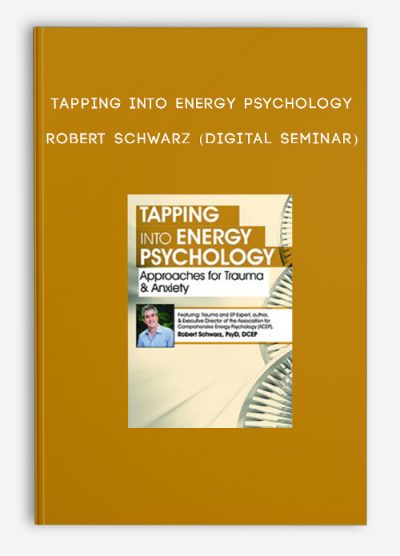
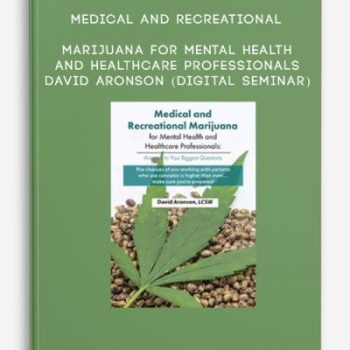
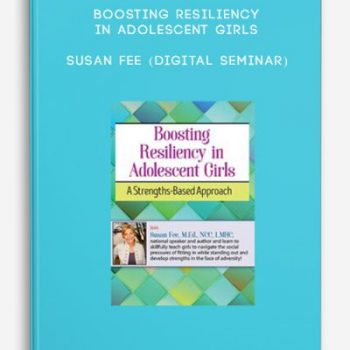
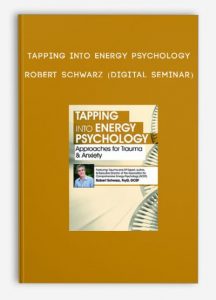
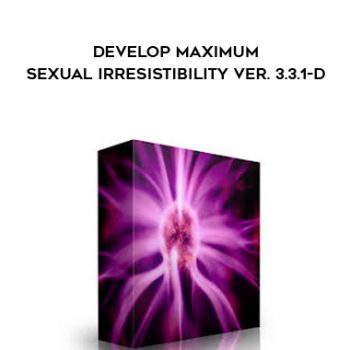
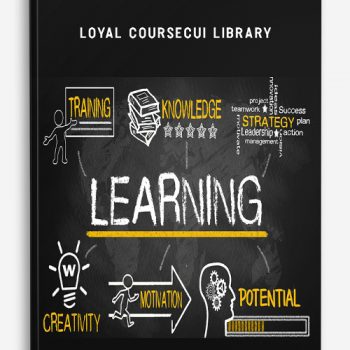
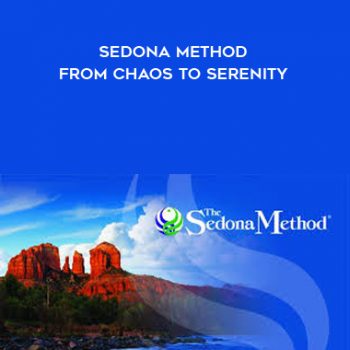

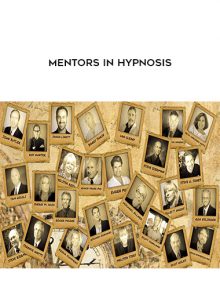
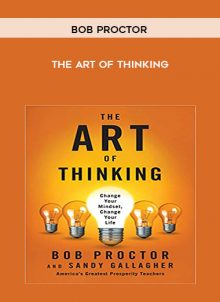
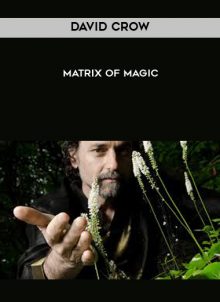

Lord –
This is Digital Download service, the course is available at Coursecui.com and Email download delivery.